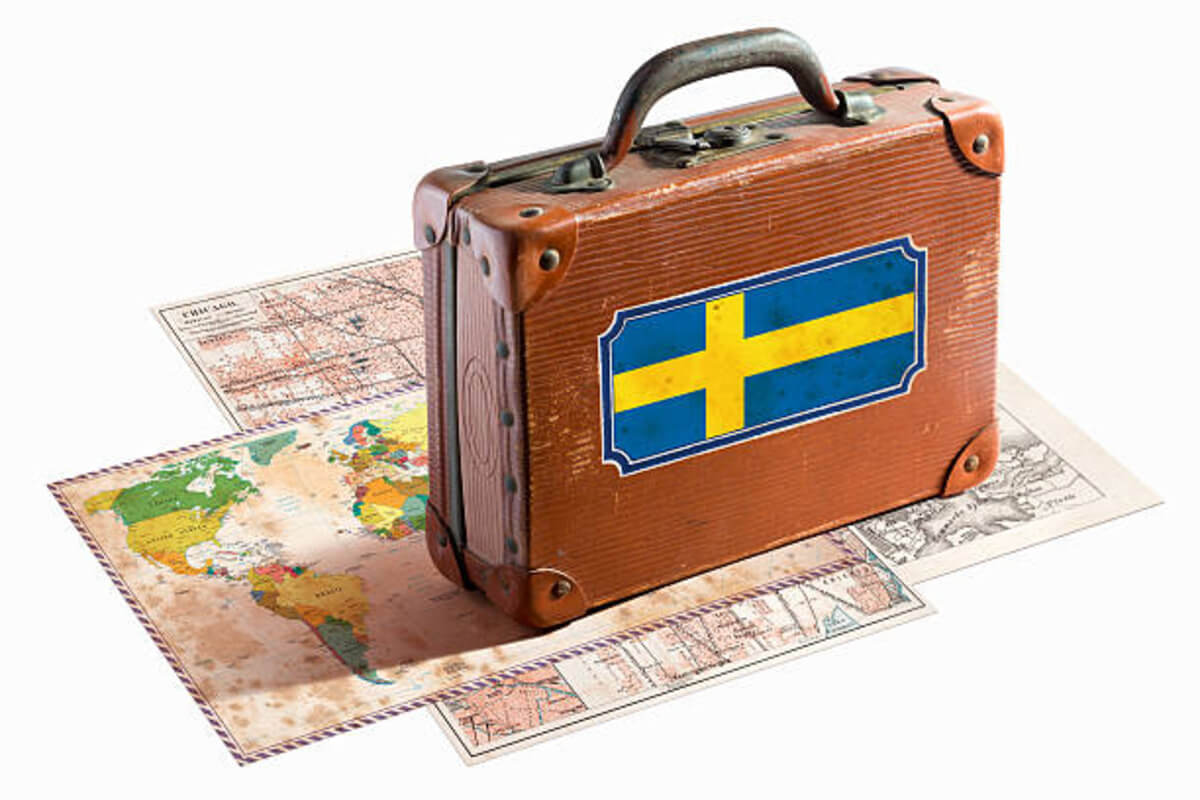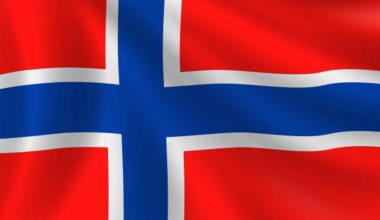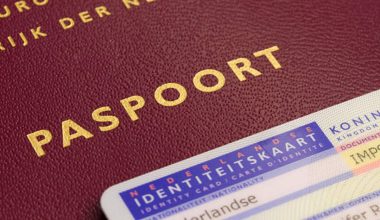Norway, with its stunning landscapes and high standard of living, is an attractive destination for immigrants seeking better opportunities. While many associate Norway with skilled professions, the country also offers a range of unskilled jobs that provide steady income and valuable entry points into the Norwegian labor market. Below, we explore the opportunities, requirements, and benefits of unskilled jobs in Norway for immigrants.
Why Consider Unskilled Jobs in Norway?
Unskilled jobs are an excellent way for immigrants to enter the Norwegian workforce. These roles often do not require formal education or extensive work experience, making them accessible to a broader range of individuals. Additionally, Norway’s fair labor practices ensure that even unskilled workers receive decent wages, benefits, and protections.
Key Reasons to Pursue Unskilled Jobs in Norway
- High Minimum Wage: Norway has one of the highest minimum wages in the world, ensuring a livable income even for unskilled roles.
- Labor Shortages: Certain sectors, such as agriculture and hospitality, consistently need unskilled labor.
- Opportunities for Growth: Many unskilled jobs provide pathways to skill development and career advancement.
- Cultural Integration: Working in Norway helps immigrants adapt to the local culture, language, and lifestyle.
Common Sectors Offering Unskilled Jobs
Norway’s economy is diverse, creating demand for unskilled labor across various industries. Below are the primary sectors where immigrants can find opportunities:
Hospitality and Tourism
The hospitality sector is a significant employer of unskilled workers. Jobs in this field include:
- Hotel housekeeping
- Kitchen assistants
- Waitstaff in restaurants
- Front desk support (with basic Norwegian language skills)
Agriculture and Fishing
Norway’s agricultural and fishing industries rely heavily on seasonal workers. Positions include:
- Farm laborers for planting and harvesting
- Fish processing workers
- Packers in seafood facilities
Construction
Construction is a booming sector with a constant need for workers to handle physical tasks. Common roles include:
- General laborers
- Cleaners at construction sites
- Helpers for skilled tradespeople
Cleaning Services
Cleaning jobs are widely available in Norway and do not require specialized skills. These include:
- Office cleaning
- Residential cleaning
- Industrial cleaning
Retail and Warehousing
The retail and logistics industries often require unskilled labor for roles such as:
- Stocking shelves
- Cashiers (with language proficiency)
- Warehouse assistants for packaging and inventory
Requirements for Unskilled Jobs in Norway
While unskilled jobs do not demand high qualifications, certain criteria must still be met. These include:
1. Work Visa
Non-European Economic Area (EEA) nationals need a work visa to legally work in Norway. Common visa categories for unskilled workers include:
- Seasonal Work Visa
- Job Seeker Visa (for temporary job hunting)
- Residence Permits for low-skilled workers
2. Language Skills
Although many unskilled jobs do not require fluency in Norwegian, basic knowledge of the language is often preferred and can significantly improve job prospects.
3. Health and Safety Compliance
Certain jobs, such as those in construction or food processing, may require health and safety training or certifications.
4. Physical Fitness
Unskilled jobs often involve physical labor, so employers may prefer candidates in good health.
Benefits of Unskilled Jobs for Immigrants
Taking up unskilled jobs in Norway offers several advantages:
- Financial Stability: High wages enable workers to support themselves and their families.
- Pathway to Residency: Continuous employment can lead to eligibility for long-term residence permits.
- Skill Development: Many roles offer on-the-job training, enabling workers to learn new skills.
- Networking Opportunities: Building connections in the workplace can lead to better opportunities in the future.
Challenges Immigrants Face in Securing Unskilled Jobs
While there are opportunities, immigrants may face challenges, such as:
- Competition for Jobs: With limited openings in some sectors, competition can be intense.
- Language Barriers: Lack of Norwegian language skills can limit job options.
- Cultural Differences: Adapting to Norwegian workplace culture may take time for newcomers.
- Visa Limitations: Work visas for unskilled jobs are often tied to specific employers, limiting flexibility.
Tips for Finding Unskilled Jobs in Norway
To increase your chances of securing a job, consider the following strategies:
Use Online Job Portals
Popular websites like Finn.no and Nav.no regularly post job openings for unskilled workers. Set up job alerts and tailor your applications to match the requirements.
Network Locally
Building relationships within local immigrant communities can lead to job referrals. Attend community events, volunteer, or participate in social groups to expand your network.
Learn Basic Norwegian
Enrolling in language courses can make you a more attractive candidate. Start with online resources or community-based programs designed for immigrants.
Consider Seasonal Work
Seasonal roles often have less stringent requirements and provide entry points into the labor market. Apply early to secure positions during peak seasons.
Register with Recruitment Agencies
Agencies specializing in unskilled labor can connect you with potential employers. Research agencies with good reviews and ensure they are registered with Norwegian authorities.
Leverage Social Media
Join job-focused groups on platforms like Facebook or LinkedIn. Employers sometimes post vacancies directly in these groups.
Visit Employers in Person
In smaller towns or for roles like cleaning and farming, visiting employers directly to inquire about job openings can be effective.
Focus on High-Demand Areas
Research regions or industries with labor shortages. Rural areas and industries like fishing or agriculture often have a higher demand for unskilled workers.
How to Get a Norway Work Visa
Obtaining a Norway work visa is a crucial step for anyone looking to work in this beautiful Scandinavian country. Norway offers various visa types tailored to different work categories, from skilled workers to seasonal employees. Below, we outline the steps involved in applying for a Norway work visa:
Determine the Appropriate Visa Type
Norway offers several work visa categories, and choosing the right one depends on your job and qualifications:
- Skilled Worker Visa: For individuals with higher education or vocational training in a specific field.
- Seasonal Work Visa: For short-term jobs, such as agriculture or fishing.
- Job Seeker Visa: For skilled workers seeking employment in Norway.
- Self-Employed Visa: For entrepreneurs or freelancers establishing a business in Norway.
Secure a Job Offer
Before applying for a work visa, you must have a job offer from a Norwegian employer. The employer is usually required to provide a formal employment contract or an offer of employment detailing the position, salary, and duration of the job.
Meet Eligibility Criteria
Ensure you meet the following basic requirements:
- Valid passport.
- Qualifications relevant to the job.
- Proof of sufficient financial means (if applying for a job seeker visa).
- Confirmation from the employer that the position cannot easily be filled by a Norwegian or EU/EEA resident.
Prepare Required Documents
Depending on the visa type, you will need to submit the following:
- Completed application form.
- Passport-size photos.
- A copy of your passport.
- Proof of academic qualifications or work experience.
- Job offer letter or contract.
- Proof of accommodation in Norway.
- Health insurance documentation.
Submit Your Application
Applications are typically submitted through the Norwegian Directorate of Immigration (UDI) or the Norwegian embassy or consulate in your home country. In some cases, your employer may handle the application process on your behalf.
Attend an Interview
You may be required to attend an interview at the Norwegian embassy or consulate. Be prepared to answer questions about your job, qualifications, and reasons for working in Norway.
Wait for Approval
Processing times for Norway work visas vary depending on the visa type and your home country. It can take several weeks to a few months, so apply well in advance of your intended start date.
Travel to Norway
Once your visa is approved, you can make arrangements to travel to Norway. Ensure that you carry all necessary documents, including your visa and employment contract, when entering the country.
Register with Local Authorities
After arriving in Norway, register with the local police or immigration office within seven days. This step is essential for obtaining a residence card, which serves as proof of your legal status in the country.
By following these steps, you can navigate the Norway work visa application process smoothly and begin your journey toward building a successful career in this vibrant and progressive nation
Understanding Norwegian Labor Laws
Norwegian labor laws prioritize workers’ rights, ensuring fair treatment for all employees. Key aspects include:
- Equal Pay: All workers are entitled to equal pay for equal work.
- Working Hours: The standard workweek is 40 hours, with overtime compensated.
- Health and Safety: Employers must provide a safe working environment.
- Termination Protection: Workers are protected against unfair dismissal.
Familiarizing yourself with these laws ensures that you are aware of your rights as an employee.
Future Prospects for Unskilled Workers in Norway
The demand for unskilled labor in Norway is expected to remain steady, especially in sectors like agriculture and hospitality. As the country’s population ages, opportunities for care-related jobs may also increase. Immigrants willing to adapt and learn new skills will find numerous pathways for growth.
Conclusion
Unskilled jobs in Norway offer immigrants a chance to establish themselves in a thriving economy. Despite challenges, the high wages, fair labor practices, and opportunities for career progression make these roles appealing.
By understanding the requirements, leveraging available resources, and continuously improving your skills, you can build a successful future in Norway. Whether you’re aiming for financial stability or long-term residency, unskilled jobs provide a solid foundation for achieving your goals.






3 comments
Am intrested
I just hope to be in abroad some day because it has always been my part of dreams…
Good ?